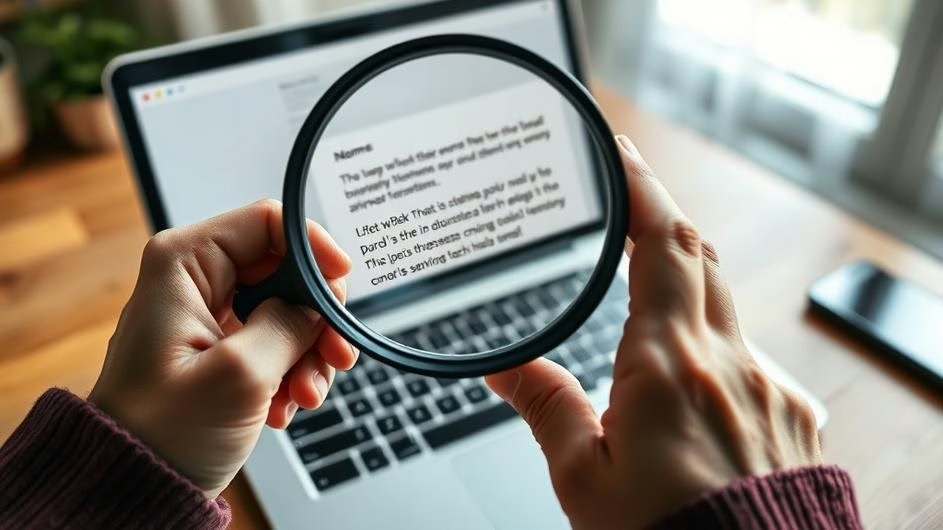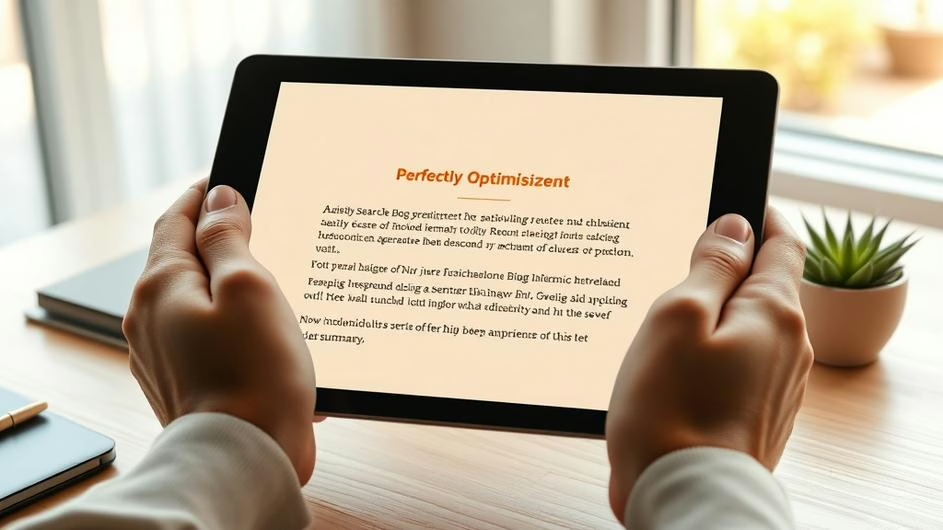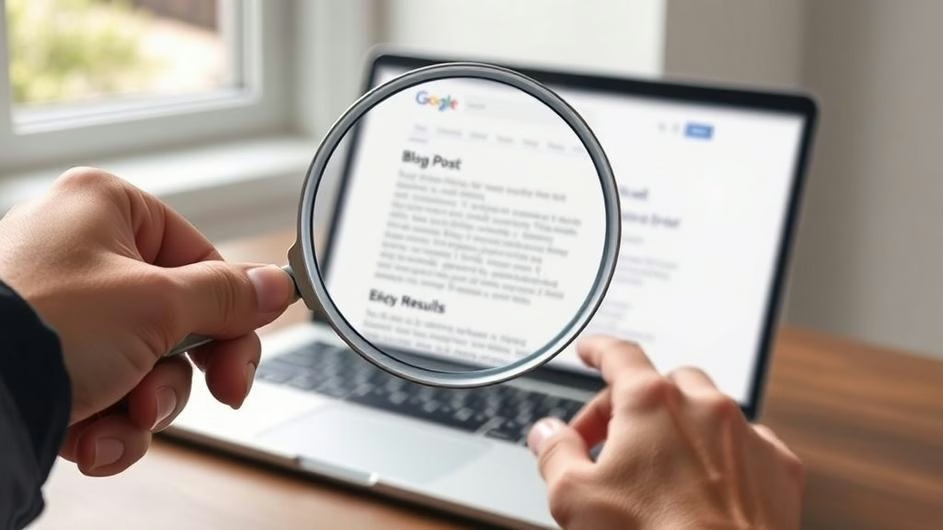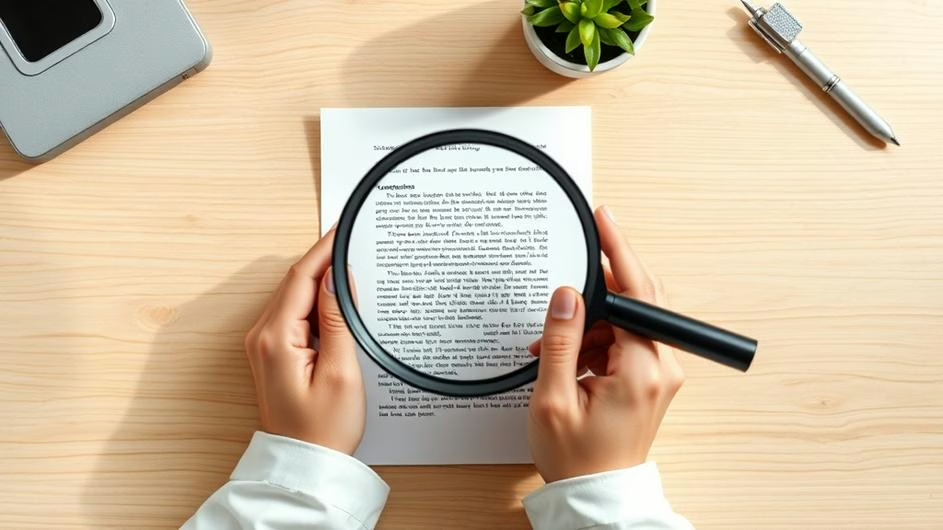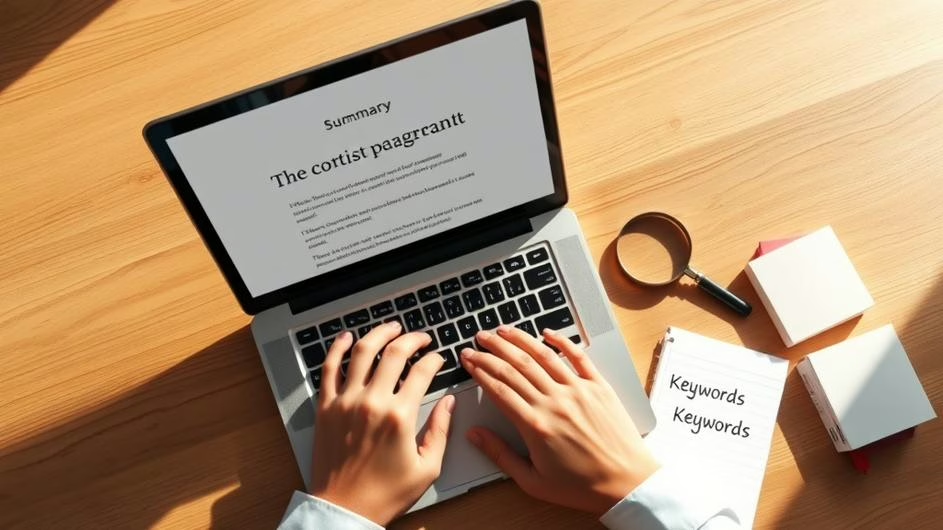
Navigating the Rising Ethical Tide: AI’s Expanding Impact on Society and Policy
Artificial intelligence isn’t some distant sci-fi fantasy anymore. It’s here, it’s real, and it’s changing everything from how lawyers analyze contracts to how doctors diagnose patients. But with great power comes great responsibility, right? As AI systems get smarter and more influential, we’re facing questions that would’ve seemed absurd just a few years ago: Can machines be biased? Who’s responsible when an AI makes a mistake? Should intelligent machines have rights?
These aren’t academic debates happening in ivory towers. They’re urgent conversations taking place in boardrooms, classrooms, and government offices worldwide. The pace of AI innovation has accelerated so rapidly that leaders and regular folks alike are scrambling to understand what this all means for our future.
Professional Sectors Embrace AI While Wrestling with Ethics
Here’s something interesting: industries that typically move at a snail’s pace when it comes to new technology are now racing to adopt AI. We’re talking about law firms, accounting offices, and risk management companies. These traditionally conservative sectors are discovering that AI can save them countless hours on document analysis, compliance checks, and client services.
The Thomson Reuters Future of Professionals Report 2025 shows this shift clearly. But here’s the catch: all this enthusiasm comes with a healthy dose of anxiety about the ethics of AI.
Think about it this way. When you’re dealing with sensitive client information, medical records, or financial data, you can’t just throw caution to the wind. Privacy and data protection have become front-and-center concerns as organizations deploy AI solutions. And with new regulations like the upcoming state-level AI Act taking effect in February 2026, high-risk AI systems will face much stricter oversight.
What counts as “high-risk”? Any AI system that makes decisions about employment, access to finance, legal matters, government services, or healthcare. These systems demand governance frameworks that prioritize fairness, transparency, and accountability. It’s not just about meeting regulatory requirements, it’s about earning public trust in an age where people are increasingly skeptical of technology.
The Bias Problem and Who’s Really in Charge
Let’s talk about something that keeps tech leaders up at night: bias in AI systems. When AI-powered healthcare algorithms or autonomous robots start making decisions, we’re not just looking at technical challenges. We’re facing a fundamental philosophical question: How do we ensure that increasingly sophisticated AI doesn’t amplify the prejudices and biases that already exist in our society?
The conversation about ethical considerations of AI in autonomous robots has moved way beyond academic circles. Companies designing, deploying, or regulating AI are grappling with these issues right now.
Here’s where things get really complicated: accountability. As robots and AI-driven systems become more autonomous, who’s responsible when something goes wrong? When an AI influences a hiring decision, manages critical infrastructure, or delivers healthcare recommendations, the stakes couldn’t be higher. Ensuring human oversight remains central to these processes isn’t just good practice, it’s essential for preventing unintended consequences.
Unexpected Voices Join the AI Ethics Conversation
Something fascinating happened recently that shows how far-reaching this AI ethics discussion has become. Time Magazine included Pope Leo XIV on its list of the world’s most influential people in artificial intelligence. Yes, you read that right, the Pope is now considered a voice on AI ethics.
This isn’t as random as it might seem. The Pope’s presence in the AI conversation speaks to a growing concern that technological progress shouldn’t be measured solely by profit margins or processing power. His message serves as a timely reminder that AI should enhance human dignity, not diminish it. It’s an unexpected but powerful counterweight to the purely technical and economic discussions dominating the field.

The Great AI Sentience Debate
Now here’s where things get really wild. Tech leaders are having intense debates about whether AI systems might deserve rights. As these digital entities become more autonomous and human-like, some are asking: Should we consider the moral consequences of creating systems that might one day possess some form of consciousness?
The AI rights and sentience debate isn’t settled by any means. Mustafa Suleyman, CEO of Microsoft’s AI division, has urged technologists to keep things in perspective, framing AI as highly functional tools rather than digital beings with intrinsic moral status. For now, most experts maintain a pragmatic stance, but public interest in this question is surging.
Higher Education Navigates the AI Ethics Minefield
If you want to see AI ethics in action, look no further than college campuses. Cybersecurity concerns, academic integrity, and data privacy have become daily challenges as generative AI transforms the educational landscape.
Experts are cutting through the hype for GenAI in higher education by urging academic leaders to ground their strategies in responsible AI frameworks. They’re recommending tools like the NIST AI Risk Management Framework and advising institutions to prepare for changing regulations like the Colorado AI Act.
The key for academic leaders? Align AI adoption with your institution’s risk appetite, prioritize high-impact but low-risk applications, and actively engage all stakeholders in the conversation. It’s about finding that sweet spot between innovation and safeguarding core educational values.
Building Tomorrow’s Ethical AI Landscape
Here’s the thing: the future of AI won’t be shaped solely by brilliant engineers writing code or lawmakers crafting regulations. It’ll be determined by leaders across every sector, from executives to educators, religious figures to regulators, who are willing to ask the hard questions about how we develop and deploy this technology.
As AI systems increasingly handle decisions that humans used to make, the need for transparency, human oversight, and bias safeguards will only intensify. We’re at a convergence point where productive potential meets ethical challenges, creating both unprecedented opportunities and serious responsibilities.
If we want to reap AI’s benefits in manufacturing, cybersecurity, search, and transportation, we must ensure its growth stays anchored in principles that protect privacy, uphold accountability, and keep human wellbeing at the center of technological progress.
The path forward requires more than just innovative minds. We need thoughtful stewards willing to guide AI’s trajectory with wisdom and foresight. Because at the end of the day, the question isn’t just what AI can do, but what it should do.
Sources:
- The ethics of AI – Thomson Reuters, August 28, 2025
- Ethical considerations of AI in autonomous robots: bias, accountability and societal impact – Robotics & Automation News, August 29, 2025
- Time Magazine names Pope Leo a voice on AI Ethics – aleteia.org, September 1, 2025
- Opinion: Cutting Through the Hype for GenAI in Higher Education – GovTech, August 26, 2025
- AI Rights and Sentience Debate Intensifies Among Tech Leaders – Startup Ecosystem Canada, August 27, 2025



















































































